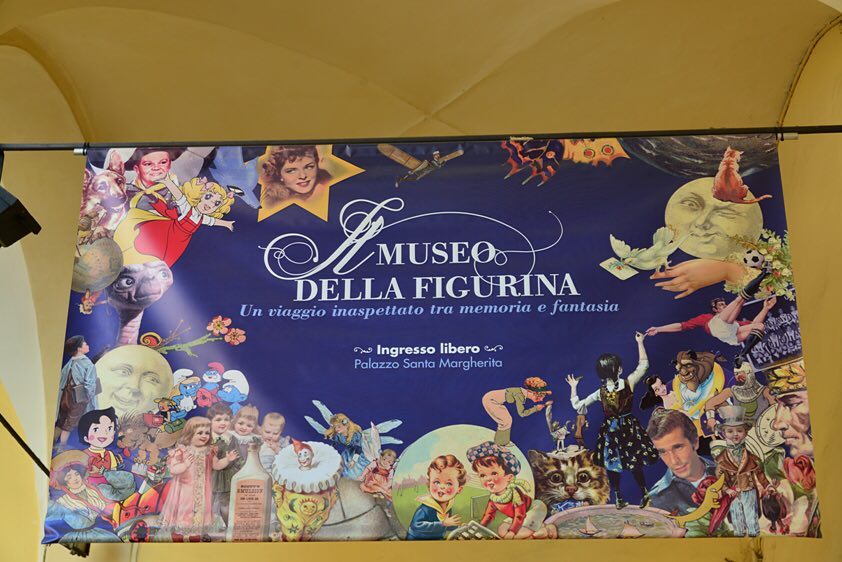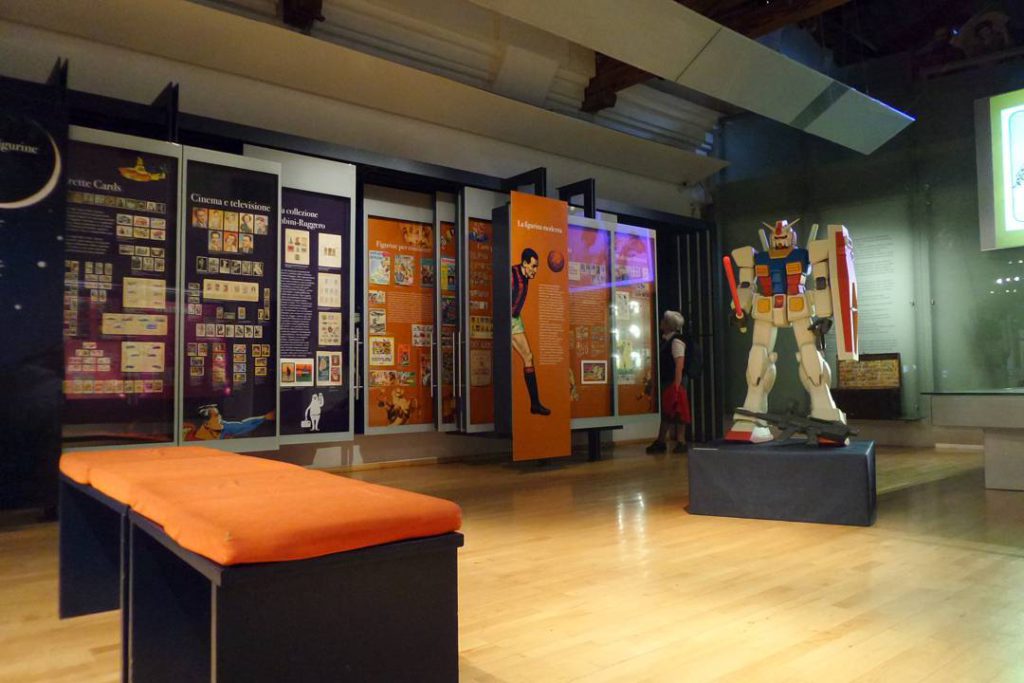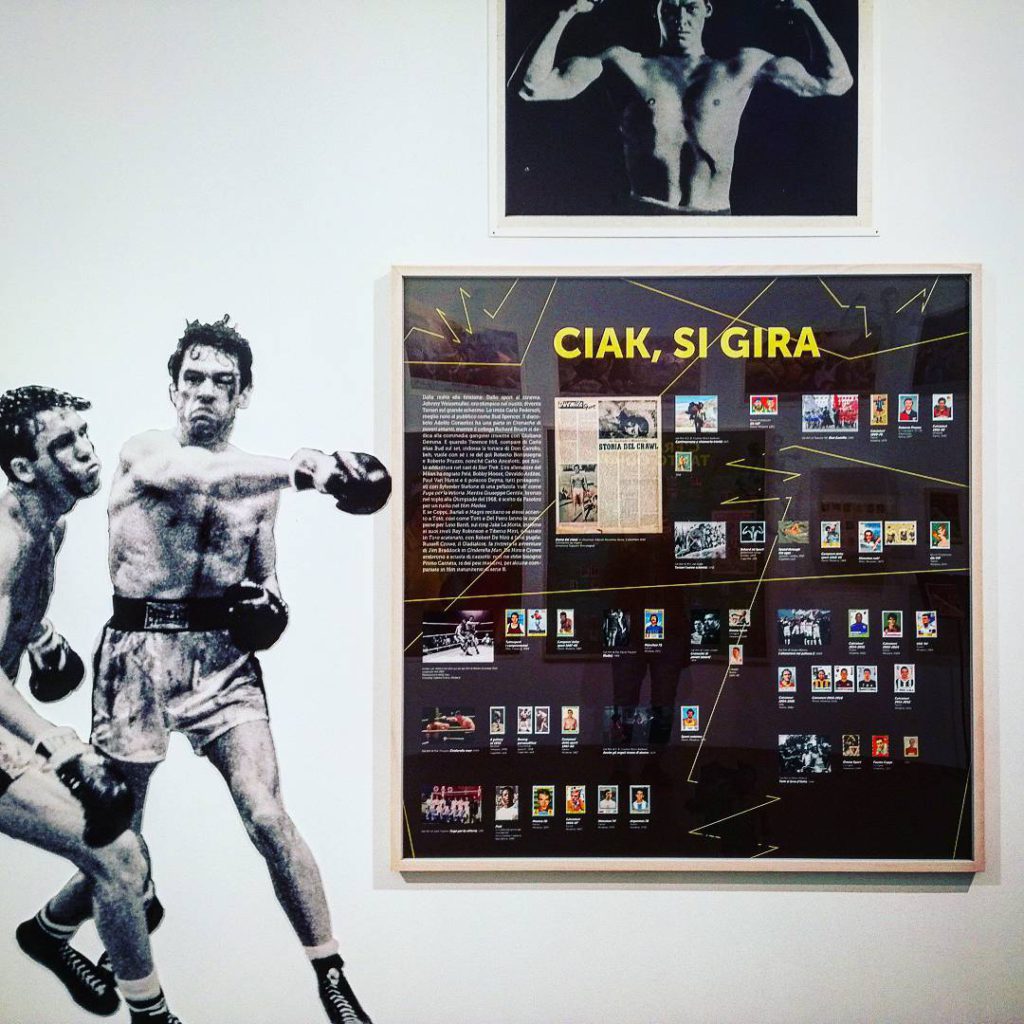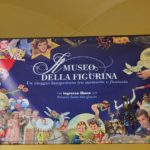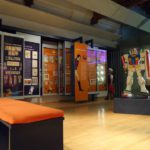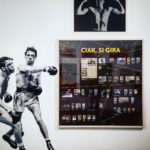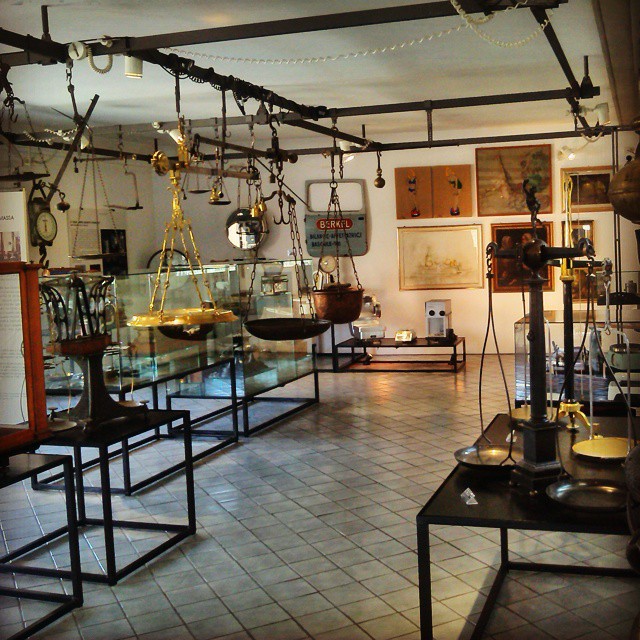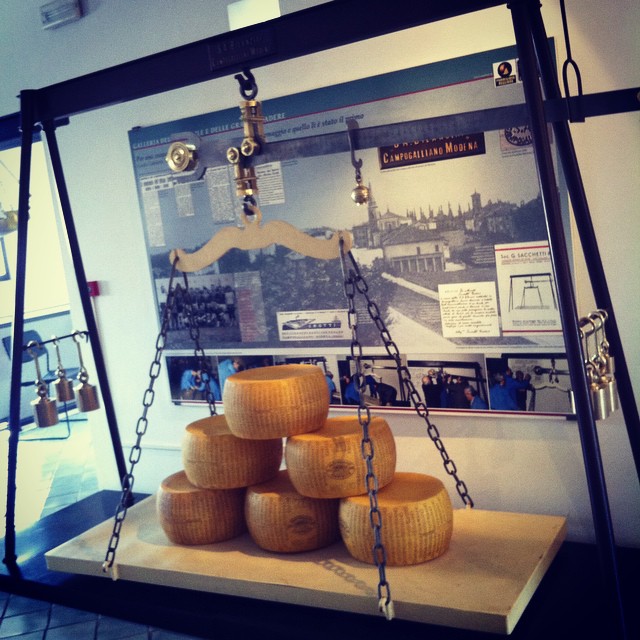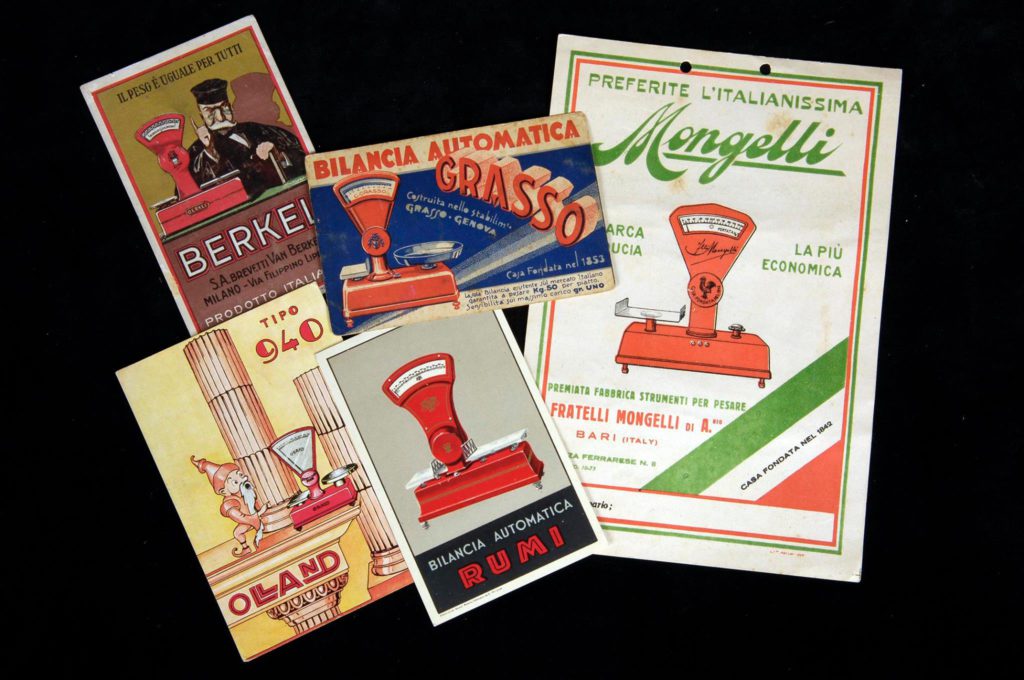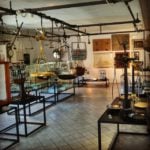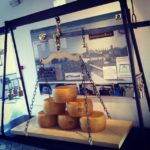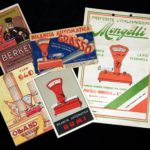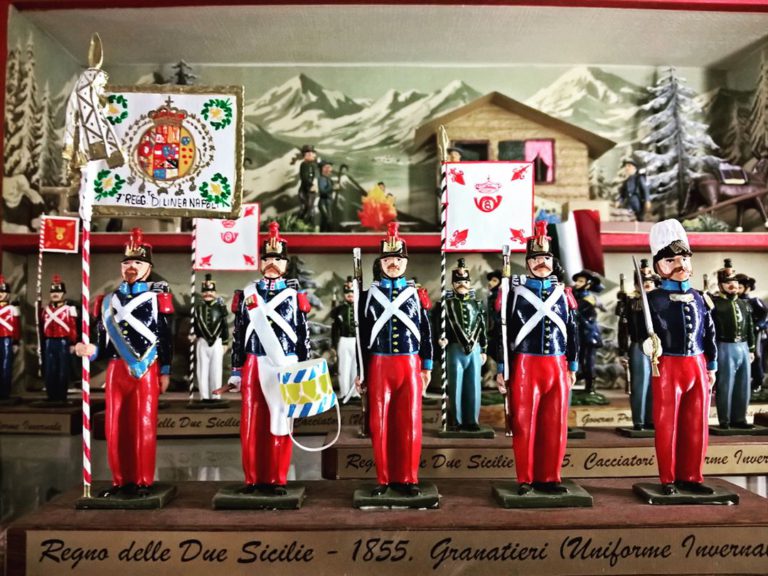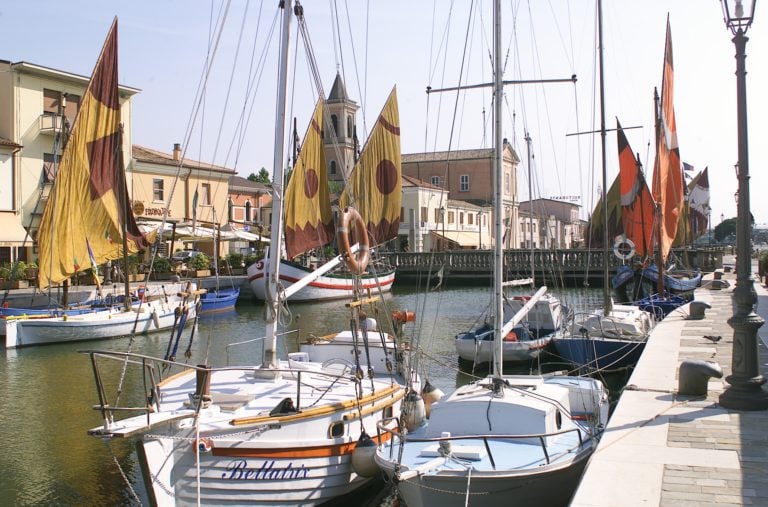Traveler
Family
Emilia Romagna boasts the presence of many curious museums that can combine culture with fun, curiosity and passion for tradition. Thanks to these collections, tourists can get to know more closely the realities of the territory, its excellence, but also the entrepreneurial and artistic skills of those who live there. Almost all museums can be visited free of charge or for a few euros.
Perfumalchemic Museum | Modena
The Perfumalchemico Museum of Modena is not only a sensory exhibition, but also a place of study and research created by Anna Rosa Ferrari, the perfum-alchimist who wanted to make accessible to all secrets and creative processes that are the basis of the realization of a rare essence of art. Visitors here enter into a total olfactory experience and can understand how you can benefit from an essence that fits in with your being.
This particular Museum gathers a collection of 200 natural, eco-bio and ecosolidal art essences, all designed and created personally by Anna Rosa Ferrari with essential oils, natural raw materials from the best distilleries of Grosse, the Provencal town famous throughout the world for the extraction techniques developed over the centuries. Among the proposed fragrances there is also Avia Pervia, an amber and spicy fragrance born in 2011 that is the soul “alchemical” of Traditional Balsamic Vinegar of Modena.
The Museum is open from 10.30 am to 1.00 pm and from 4.00 pm to 8.00 pm every day, except on Thursdays and Sundays (when it is possible to request an extraordinary opening by appointment). It is always advisable to check the opening of the museum by calling 335-6188683.
Sticker Museum | Modena
It is one of the most important in the world on this matter; you’ll find the Sticker Museum on the second floor of Palazzo Santa Margherita in Corso Canalgrande 103. The collections have been gathered by Giuseppe Panini, founder of the famous publishing house, and then donated in 1992 to the city: the world capital of figurine.
After crossing a “tunnel of wonders”, the visitor finds himself in the large permanent exhibition hall, set up with 6 wardrobes, 6 large albums to browse through which you can retrace the entire history of the figurine. Each wardrobe, consisting of a cover, 2 front panels and 8 mobile side panels, corresponds to a precise path punctuated by prints and original objects, for a total of about 2,500 pieces.
The Museum also hosts temporary exhibitions dedicated to the most different themes (from cartoons to art deco) and is open for free admission from Wednesday to Friday from 10.30 am to 1.00 pm and from 3.00 pm to 7.00 pm, while Saturdays, Sundays and public holidays continue from 10.30 pm to 7.00 pm.
Coffee machines Museum | Modena
There are over 100 examples of coffee machines that tell the story of almost 100 years of Italian design and costume history: we are talking about the Cagliari Coffee – Coffee Machines Collection Museum, an exhibition that in Modena (at the Coffee School in Via Giordano 125) was born to celebrate and make known one of the Italian rituals par excellence: that of espresso cups.
Born from an idea by Giorgio Cavallini and enriched by Caffè Cagliari, a historic Modena roasting company, the museum follows, in nine rooms, a chronological route that starts from the first column machines of the early twentieth century and ends in the sixties. There is also a collection of coffee makers from home, a wall with the ancestors of the mocha and an exhibition of grinders and grinders. There is no shortage of reproductions of posters and vintage advertising.
The Museum is open from time to time on Saturday mornings (to find out the next opening dates, please consult the official website) or on request by filling in the form.
Libra Museum | Campogalliano (MO)
If you want to know everything, but all about scales, you have to go to the Libra Museum in Campogalliano, in the province of Modena. Since 1989, through the exhibition of numerous scales from all over the world that cover a period ranging from Roman times to the present day, the Museum offers the opportunity to retrace the evolution of weighing instruments and discover curiosities and secrets. Currently the park-bilance owned by the Museum is made up of 1177 collectible pieces including scales, weights, linear measurements and capacity measurements. On display there are scales with equal arms, stadere, bascule, scales with lower suspension, pendulum, spring, swing torsional, semi-automatic rocker.
The Museum, which also has a rich library, is in charge of research and restoration. Guided tours, workshops for schools and even birthday parties for children from 6 to 10 years of age are available.
The Museum is open on Saturdays and public holidays from 10.00 am to 12.30 pm and from 3.00 pm to 6.30 pm (3.30 pm to 7.00 pm during the summer time period) or by reservation by telephone at 059.899422.
Antique Mating Machines Museum | Castelnovo di Sotto (RE)
It is located in the centre of Castelnovo di Sotto, in the province of Reggio Emilia, and it is certainly a unique and romantic collection at the same time: it is the Antique Mating Machines Museum, instruments used to put the cap on bottles of wine that, in the area, means above all Lambrusco and Malvasia. There are French, Belgian and German machines, but the curator of the exhibition wishes to point out that the best manufactured ones are our own, many of which have been used in the territory. Visits by appointment by phone 0522.682018.
Daily Newspaper Museum Ettore Guatelli | Ozzano Taro (PR)
In Ozzano Taro you should not miss a visit to the Daily Newspaper Museum Ettore Guatelli. It is situated near Parma, and it was also called the “Louvre dei peasants”. It is about ten rooms set up in the house of the same collector Guatelli, in the barn and in the rooms adjacent to it. Many objects of everyday use that can be found there, each one of them is the guardian of its own history and a link with the territory. These objects, scenically arranged on the walls, tell the story of Italy over the last 50 years and the workers’ lives in the countryside around Parma. Among other things, part of the material it contains was used during the Bernardo Bertolucci’s film “Novecento”.
The Museum is open from Monday to Saturday only by reservation, while every Sunday and on public holidays it is open without reservation, but always with guided tours; more information on access.
The Shit Museum | Castelbosco (PC)
Yes, you have read well: in Castelbosco, in Piacenza, there is also the The Shit Museum. A name deliberately provocative but that immediately makes the idea of a project aimed at enhancing recycling, both from an ethical and economic point of view. The particular exhibition, officially presented at the Leonardo da Vinci Museum of Science and Technology in Milan, is organized within a late medieval castle and was born from an idea of Gianantonio Locatelli, owner of a farm that houses 2500 cattle. Every day, his cows produce around 300 quintals of milk and 1,000 dung per day; these organic waste is reused to produce methane and materials for bricks and plaster.
In the Museum’s spaces and in the castle rooms, visitors are offered a special path in which they can find space for aesthetic and scientific, human and animal experiences: from the dung beetle to the use of excrement in the architectural works of various populations, from the presentation of historical literary works such as the Naturalis Historia of Plinio, to the most current scientific research and artistic production linked to the use and reuse of waste and refuse.
Visits are free, but all guided and require booking.
The Coach Museum | Piacenza
In Piacenza, in Palazzo Farnese, there is The Coach Museum, which traces the history of these important means of transport, starting from some examples of the eighteenth century up to the modern carriage of the nineteenth and early twentieth century. The Museum is one of the most prestigious in Italy, not only for the variety of the pieces present, but above all for their integrity. There are about 50 carriages on display including gala saloons, travel beads, a 12-seat Stage-Mail coach for public transport, a Spider-Spyder, a Phaeton, elegant Landau convertible into open carriages, a luxurious Barouche Calèche, a Vis-à Vis and also a Dog-Cart, built for the transport of hunting dogs.
Palazzo Farnese is open from Tuesday to Sunday or from 9.00 to 13.00 and Friday, Saturday and Sunday also from 3pm to 6pm; more information on tickets and guided tours.
Discover also the Curious Museums in Romagna and in Bologna and surroundings.
Author
You may also like
Curious Museums #inEmiliaRomagna | Bologna and surroundings
by Lo Staff /// December 17, 2017

Interested in our newsletter?
Every first of the month, an email (in Italian) with selected contents and upcoming events.
